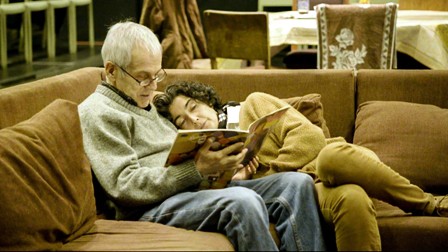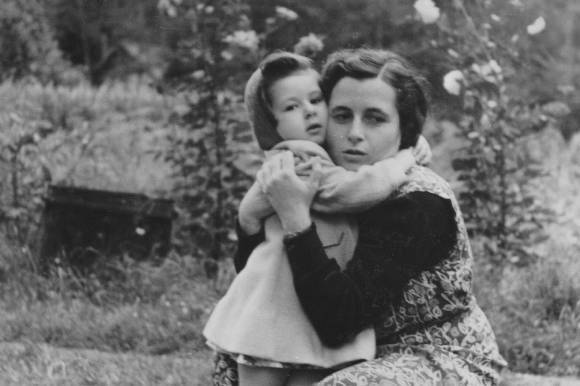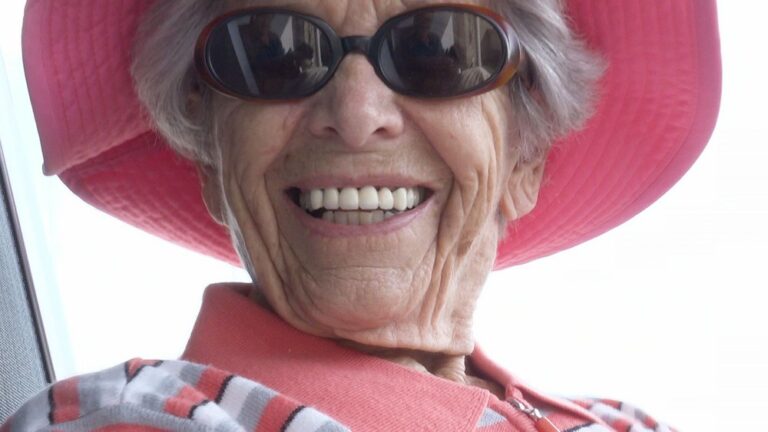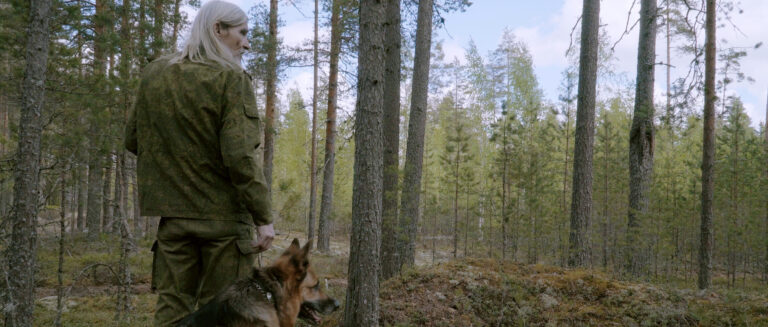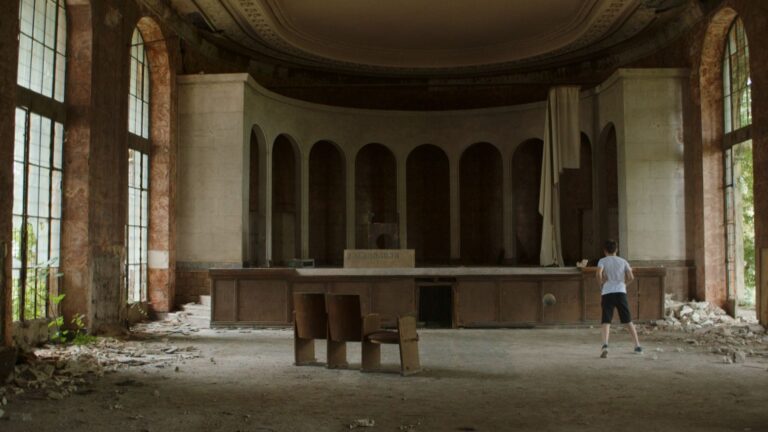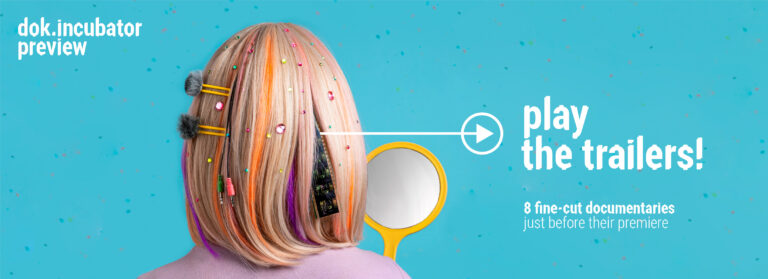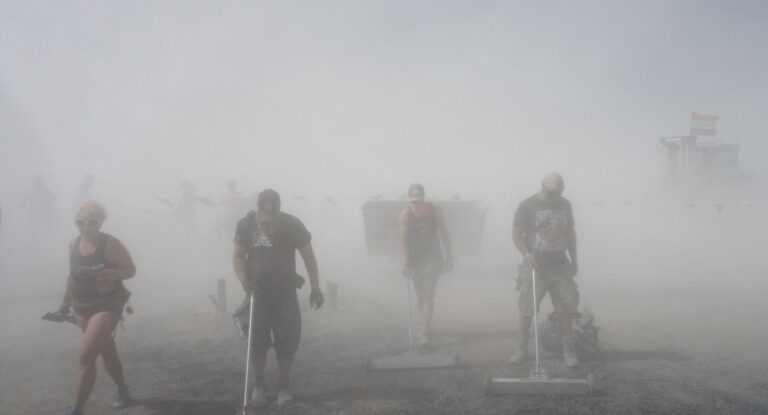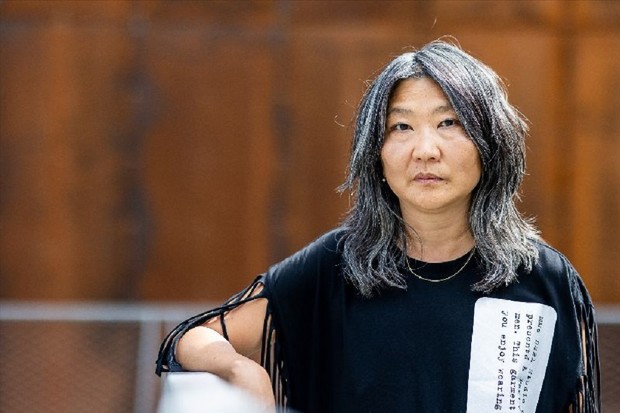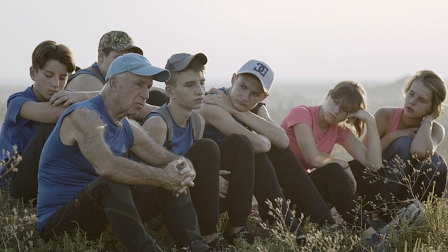


Olga Semak: Demiurge
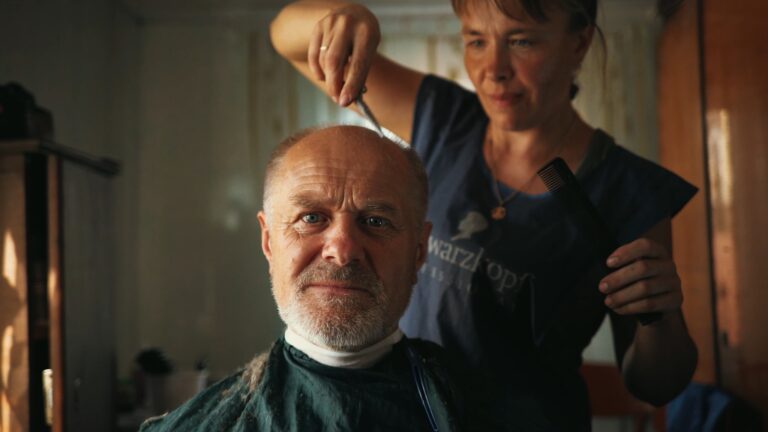
The beautiful landscape in Volyn in the NorthWest of Ukraine is beautifully (!) captured by the fascinated documentary filmmakers, who are Ukrainians – with director Olga educated at the Deutsche Akademie and this being her first feature documentary. Impressive it is in catching the village(s), where the protagonists live, I would say, AND act in their own lives and in the life that Petro Panchuk, the professional actor from Kyiv, wants them to live in: the wonderful world of theater, well the difficult world of theater as the film shows so well with Petro as the one, who interrupts the villagers in the rehearsals in the local culture house to have them say their lines in the right way with the right intonation. It is very nicely conveyed and sometimes very funny, like when Petro sits with lovely Sveta and asks her to react to two lines: Have you ever been in love? Have you ever had an orgasm?
Petro has returned to his village, one understands, to find peace and tranquility, and he has established a family with a younger wife Lyuda and three children, one of them learning to play recorder. Petro is close to Andryi, with whom he has a strong argument and who is the one who takes care of the culture house, that also serves as a disco place for youngsters. And there is Sascha who plays the accordion and sings so well and the mentioned Sveta, who in a fine sequence outlines how her day is organised and who is grateful to Petro for having given her roles to play. We are invited to follow the rehearsals Petro leads with his enthusiasm and commitment. There are many plays that rehearsed but at the end it is one by Chekov that is performed – with Petro, his wife and Andryi on stage. And a full house audience again brilliantly filmed – faces from villages in the area, caught by the camera half a year before February 24 2022 and the Russian full scale invasion.
Petro is a man of sadness. All my teachers have gone, and thus the true tradition for amateur theater as well, he says and that many from the region go to Poland to earn money, he does not like that. People don’t really work any longer, and now what is the situation now, my comment, soon it is two years after the war started? One thinks at the same time as I am happy to have been to the – mostly – sunny region of Ukraine, experiencing culture and church life as well. And people like you and me. A rich film.
Ukraine/Germany, 2023, 94 mins.
